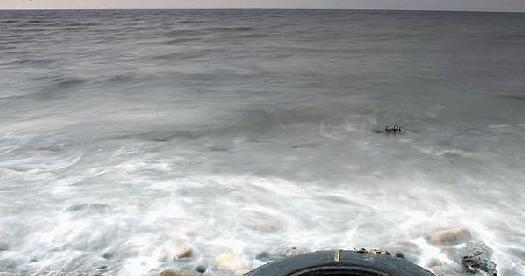
Scientists for the first time have found high levels of human-made pollutants, including chemicals that were banned in the 1970s, in the tissues of marine creatures dwelling in the deepest oceans of the Earth.
These chemicals were discovered after sampling amphipods from the Pacific Ocean’s Mariana and Kermadec trenches, which are over 10 km deep and 7,000 km apart.
Key Points
Researchers found presence of extremely high levels of Persistent Organic Pollutants (POPs) in the organism’s fatty tissue.
These POPs include polychlorinated biphenyls (PCBs) and polybrominated diphenyl ethers (PBDEs) which are commonly used as electrical insulators and flame retardants.
These banned pollutants are invulnerable to natural degradation and persist in the environment for decades.
They may have been released into the environment through industrial accidents.
Researchers claim that these pollutants may have found their way to deep trenches through contaminated plastic debris and dead animals sinking to bottom of ocean, where they were consumed by amphipods and other fauna.
These sampled amphipods contained levels of contamination similar to that found in Suruga Bay, one of the most polluted industrial zones of the north-west Pacific.
Thus, this research shows that the remote and pristine oceanic realm which was earlier considered safe from human impact is actually not.
Current Affairs 14th February, 2017 Current Affairs Round Up Bullet Points, December, 2016

Join The Discussion